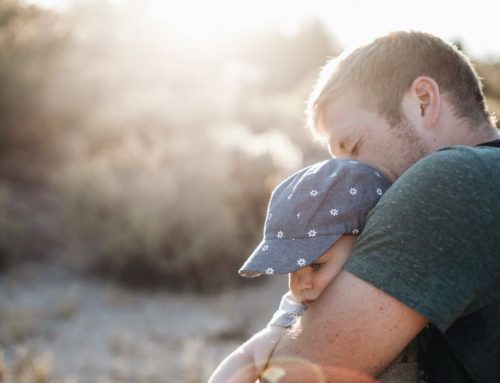On the Coast – 55+ (Sept/Oct 2020 Issue)
In life and love, couples are always in ‘negotiations’ as circumstances evolve, change and pivot. This may come in the form of welcome life growth points and stretches, such as kids, study, careers, homes and lifestyle, but they are changes none the less. They can also come as unwelcome pinch points and tight corners – such as job losses, reduced finances or health concerns.
As a marriage and relationship therapist, I find myself regularly with couples at the coalface of crisis, challenge and change. Some of the core areas my couples and I work with to help navigate and negotiate life’s windy roads are improved communication, conflict skills, empathy & emotional regulation, intimacy and love practices.
All of these are areas of skill which over a lifetime of loving will require frequent check ins and tune ups. As our environment ever changes, we will be called to adapt, and sometimes a new situation and curve in the road in life and love, will also require a new level of relationship skill.
This is never more challenging or necessary than when facing a radical change of ‘environment’ when a partner’s health takes a significant turn for the worst and gets sick or incapacitated. And as we age, this becomes an even more real concern.
Aside from the first and most immediate necessity to respond the health needs with a diagnosis, treatment and care, which let’s take as a given, what next? Often what is not addressed is the emotional and relational needs of the couple?
What happens to your relationship when one of you becomes sick? What happens when the sickness or incapacity will never go away – be that a chronic and/or progressive illness, a challenging diagnosis that will diminish capacity, strength and function?
Health changes and crises can be a real source of fear, pain, trauma and grief for not just the patient but also for the partner and can impact greatly on the experience for both within the relationship.
Don’t be surprised if you and your partner both initially respond as though there has been already been a death occur.
The change from the relationship you had when you were both able-bodied to the one you’ll have as you journey into the unknown is worth spending the time to grieve.
In fact, delaying the grief process puts your relationship at risk of rising undue resentment and irritability as you adjust to this unfamiliar life path.
The most important first step you can take is agreeing to set a ground rule of total honest, open communication and sharing feelings with empathy and safety.
 Grant each other permission to speak freely about worries and anxieties as to how this will affect each of you — and remember that body language is a huge part of communication. With a willingness to patiently and compassionately discuss the tough issues, relationships can remain intact, survive and even continue to thrive.
Grant each other permission to speak freely about worries and anxieties as to how this will affect each of you — and remember that body language is a huge part of communication. With a willingness to patiently and compassionately discuss the tough issues, relationships can remain intact, survive and even continue to thrive.
However they will change.
The roles and functions each partner once did may change. Finances and work capacities may change. Intimacy may change. Plans and dreams may change. This is BIG life and love stuff.
Resisting the change, yearning for, or unrealistically expecting, a return to how things were, may not be just futile, it could be fatal…for the relationship. When you are in resistance, you are incapable of making the necessary adaptions, tune-ups and skilful evolving that you will need to do to support your ‘new relationship normal’.
There is a real danger too that partners and lovers transform into patients and carers.
It is really tricky to navigate the essential care and assistance you want to give a partner and not entirely erode the foundation of the relationship as lover, friend and wife/husband in the process. I have no easy answer or guide other than to remind couples to maintain this is your awareness and negotiate those thresholds as they will inevitably arise with honesty and communication and a willingness to take them on with some solutions and strategies.
Conversations about the relationship you CAN create are essential. What will be your new ‘agreements’ of relationship (rather than expectations) and what are the ‘choices’ you CAN make (vs the limits you HAVE to accept) will be the key questions to follow.
Moving forwards successfully will be about choosing together a new relationship ‘mindset’ and developing a new shared system of meaning that you both can adapt into and still create together.
Recognizing, anticipating, and preparing for relationship changes that occur due to a health crisis, change and challenge can still enrich who you are as a couple and lay the path for a happy life together, despite the upheaval, emotions, and inevitable changes that accompany a diagnosis of chronic illness.





